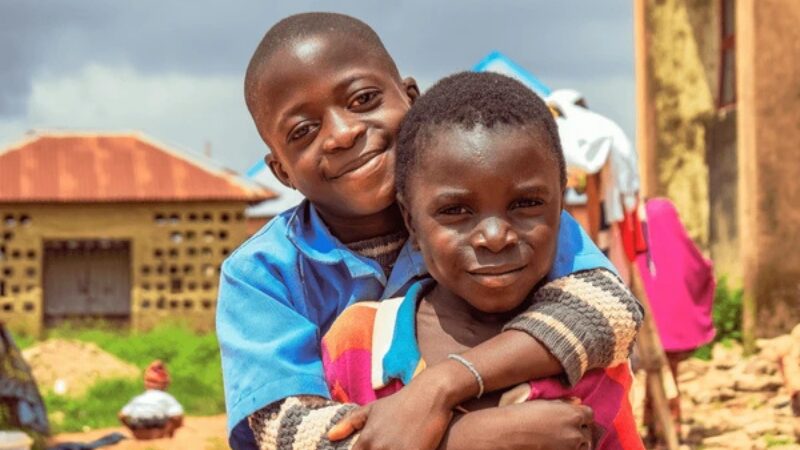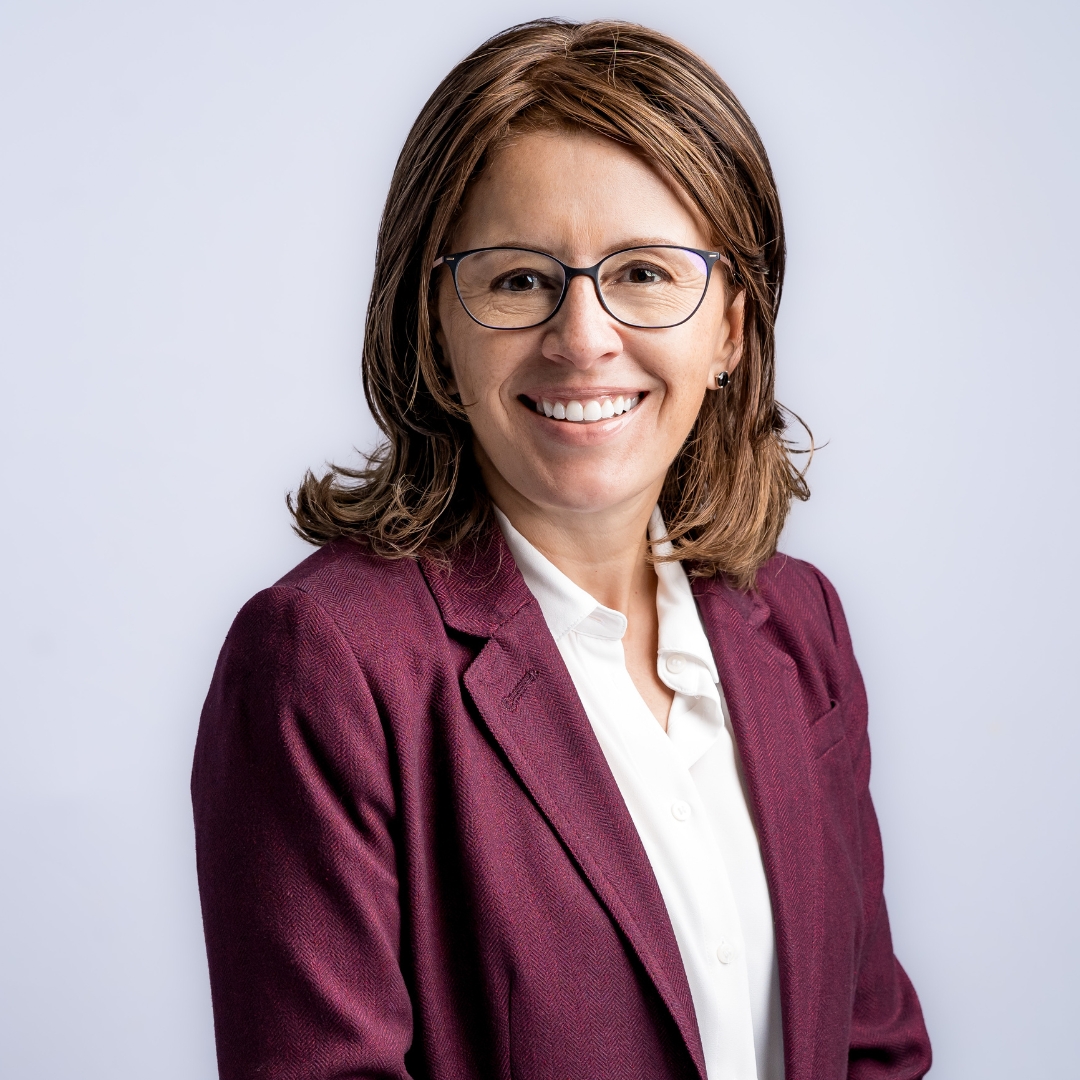
Right now, the House Foreign Affairs Committee is putting together a wide-ranging State Department Reauthorization bill that will codify the folding of what is left of the U.S. Agency of International Development (USAID) into the State Department. All signals are that most of the President’s Emergency Plan for AIDS Relief (PEPFAR) will be retained, at least in some capacity. But somehow, orphans and vulnerable children have fallen off the priority list again.
HIV is an insidious disease, particularly when it comes to children and babies. Its impacts extend well beyond the biomedical, often leaving society’s youngest without parents, without education, and even without food. When parents or caregivers become debilitated or die, children are at grave risk of falling into poverty, suffering abuse, and contracting HIV and dying themselves.
The Trump Administration’s dismantling of USAID and freezing of much of U.S. foreign assistance has placed the lives of millions of children, who previously were safe, in great jeopardy — and even led to the deaths of some.
At the beginning of the AIDS epidemic, a bipartisan group of U.S. lawmakers was educated to understand the tragic impacts it would have on children. They knew from practitioners that treating HIV alone wasn’t enough; the epidemic’s socio-economic consequences, especially on children, had to be addressed, too. That is why they very intentionally built protections into the AIDS, TB, and Malaria authorization bill that created PEPFAR in 2003 to direct 10% of all HIV funding to orphans and vulnerable children (OVC). These resources supported community-based programming — ensuring children were able to attend school, eat nutritious food, travel to clinics for testing and treatment, and receive psychosocial support to address the stigma and discrimination they experienced. These programs also trained OVC caregivers in positive parenting and provided livelihood support, enabling them to expand microbusinesses and better provide for their children.
PEPFAR’s OVC programs also played a key role in identifying HIV positive children, getting them tested, and ensuring adherence to treatment regimens. These functions are still urgently needed. Children continue to be left behind in the global HIV response: just over half of all children living with HIV (57%) are on life-saving treatment versus roughly 77% of adults. And while children make up only 3% of people living with HIV, they account for 12% of AIDS-related deaths.
The OVC set aside was a remarkable achievement, representing the first time that the holistic needs of children were addressed in one program. But the set aside also did much more, which was not anticipated at the time: it provided an antidote to child labor and sex trafficking — evils that perennially thrive in conditions of marginalization and poverty. OVC programs succeeded by strengthening the family and caregivers around the child. PEPFAR prevented 8.2 million children from becoming orphaned in the first place, and its parenting programs have been shown to reduce physical, verbal, and sexual abuse of children by up to 57%. PEPFAR’s OVC work on behalf of adolescent girls reduced their experiences of sexual violence by 65% in Malawi and 68% in Kenya. According to new modeling of high-prevalence countries using Population-Based HIV Impact Assessment (PHIA) surveys, over the past decade alone, OVC programs prevented the sex trafficking of 8,500 children, reduced the number of child marriages by close to 7,000, and cut the cases of physical and emotional violence against children by nearly 55,000. PEPFAR did all this by keeping girls in school, training parents, educating young boys and girls about what to watch out fo,r and changing social norms around what is and is not acceptable. These types of activities are time- and labor-intensive, but they change the behavior of communities over the long term and are critical in ensuring UNAIDS’ 95-95-95 goals. They also produce a strong return on investment.
Over the past two decades, PEPFAR has supported over 13 million orphans and vulnerable children and their caregivers with holistic interventions addressing the social and economic devastation of AIDS. It has also protected 10.3 million girls from sexual abuse. When children remain in school, especially girls, they can generate income, support their families, and contribute to the economy as adults. PEPFAR’s OVC programs have produced a $4 return on economic productivity gains for every $1 spent on programming.
One of the more complicated aspects of the OVC set aside is that, unlike most other aspects of PEPFAR’s policy framework, it expires. The OVC set-aside requires that Congress preserve it, adding it back each time the program is reauthorized. Although it has historically enjoyed bipartisan support and has been included in each reauthorization, recent political attacks on foreign assistance have cast doubt on its future.
And sadly, OVC programs are all gone as of January of this year. The programs supported by the OVC set aside did not receive the waiver from Secretary of State Marco Rubio for “life-saving humanitarian assistance” as other medical components of PEPFAR did. As a result, programs were abruptly cut off and 6.6 million orphans, vulnerable children and caregivers were completely abandoned.
Right now, in countries that were receiving PEPFAR’s OVC support, children are not getting food or being connected to medical care. Because education is not free in many countries, when a family is not able to pay school fees (something the OVC set aside did), children are often forced to work, many times on the street. In some places, when conditions are dire, it is not uncommon for children to be trafficked — “sold” into domestic servitude or married off as young children, where they are without protection from physical and sexual abuse.
But we know how to prevent this. PEPFAR has saved and protected millions of babies and young children, ensuring they have the safeguards and support they need to thrive.
And there is not a moment to lose. Experts estimate that 10% of children in sub-Saharan Africa are orphaned from all causes, and this loss of a parent is associated with education loss, child abuse, and child sexual exploitation, with consequent elevated risks of HIV infection. The dangers for children are acute: 20% of girls experience rape or sexual assault and a child younger than 15 years is estimated to die from AIDS every 7 minutes.
We call on Congress to reauthorize PEPFAR as a part of the State Department Reauthorization bill and to include the 10% set aside for orphans and vulnerable children as a part of the underlying statute so that it does not expire at the end of each authorization. In addition, we call on the Administration to re-hire staff and fully fund OVC programs as it folds PEPFAR into the State Department. Without the 10% set aside for OVC that Republican and Democratic members of Congress came together to intentionally create two decades ago, millions of children will be at great peril.
